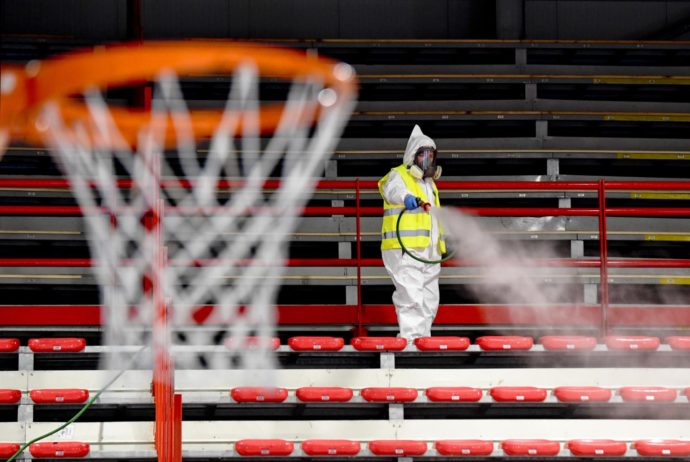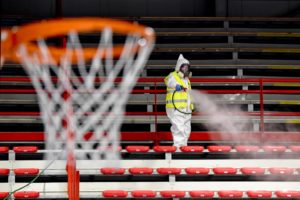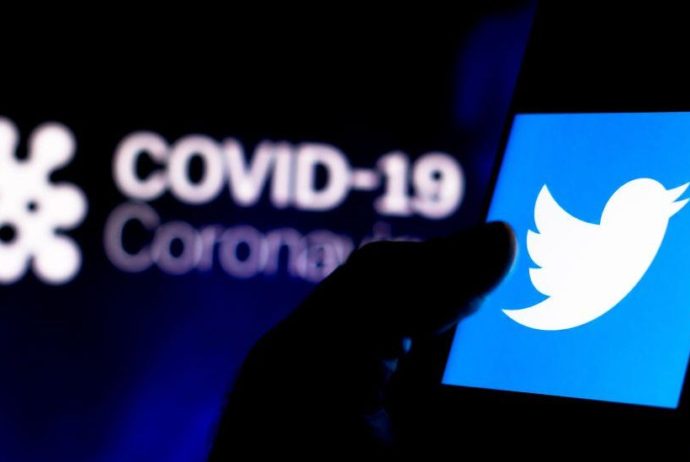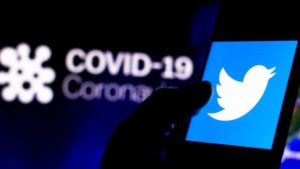By Shane Holcombe ‘23 and Maddie Olshemski ‘23
After COVID-19 brought the cancellation of spring sports, student athletes have been ecstatic to return to play with their teammates in the fall. However, this upcoming season will certainly look different than that of years in the past.
Guidelines from a recent PIAA meeting include wearing masks during practices, practicing social distancing while staying on the sidelines and commuting to games, and maintaining hygiene to the best of the athletes’ abilities. A plan for spectators to return to stadiums and fields is yet to be determined and will be a fluid process throughout the fall, winter, and spring sports seasons this upcoming school year.
In a virtual interview with Coach Klassner, head coach of the field hockey team and Athletic Director of Sem, Klassner noted that “this [season] will be a year for the record books.” Klassner mentioned she “has been meeting regularly with athletic directors around the area to ensure the safest season for the athletes and the best experience possible for sports to return on campus.” Meanwhile, practices will be “more drill based in smaller groups rather than contact training everyday” so that Sem can follow PIAA guidelines. In order to maintain social distancing while being transported to and from games, students can expect to see “team busses multiplied and games farther away from Northeastern Pennsylvania potentially canceled.” On the topic of spectators, Coach Klassner stated, “fans affect the momentum and energy of the game, and the possibility of not having supporters in the stands will have to be dealt with” (After The Opinator interviewed Coach Klassner, the PIAA announced that fall sports would have to move forward without spectators). Klassner also noted that “if need be, our coaches and teams are ready for the possibility of online practices and training.” While the pandemic may bring sudden changes and pauses to the fall sports season, Coach Klasner expressed her hope that “if anything, hopefully athletes who are seniors and play spring sports don’t have to wait another year to return to play.”
For a brief period of time, the PIAA expressed uncertainty about the occurrence of the upcoming sports season. After Governor Tom Wolf released a statement strongly recommending the postponing of sports until at least January 1, 2021, the PIAA stated that they believe this recommendation “has a potential negative impact on the students’ physical, social, emotional, and mental health.” After meeting on August 21, the PIAA Board of Directors voted to permit fall sports to begin on August 24th based on local school decisions and stated that they will “monitor school participation in fall sports and may pursue alternate solutions, if necessary.” The Opinator wishes all Sem teams best of luck and hopes all athletes remain safe and healthy throughout the upcoming sports season.



